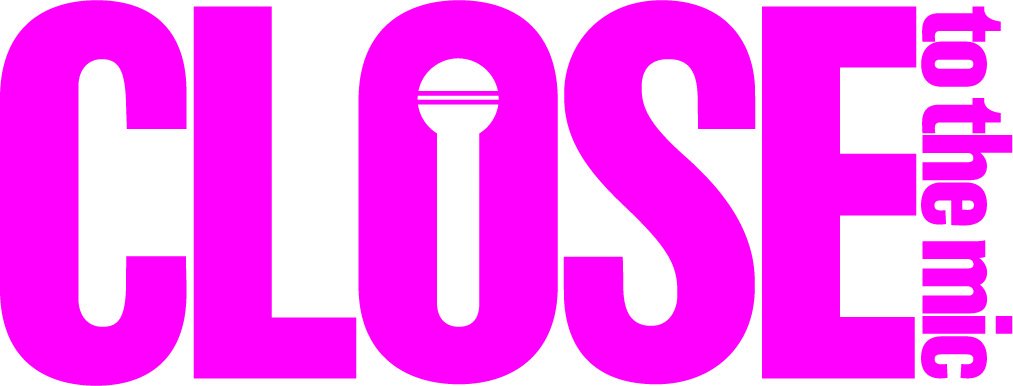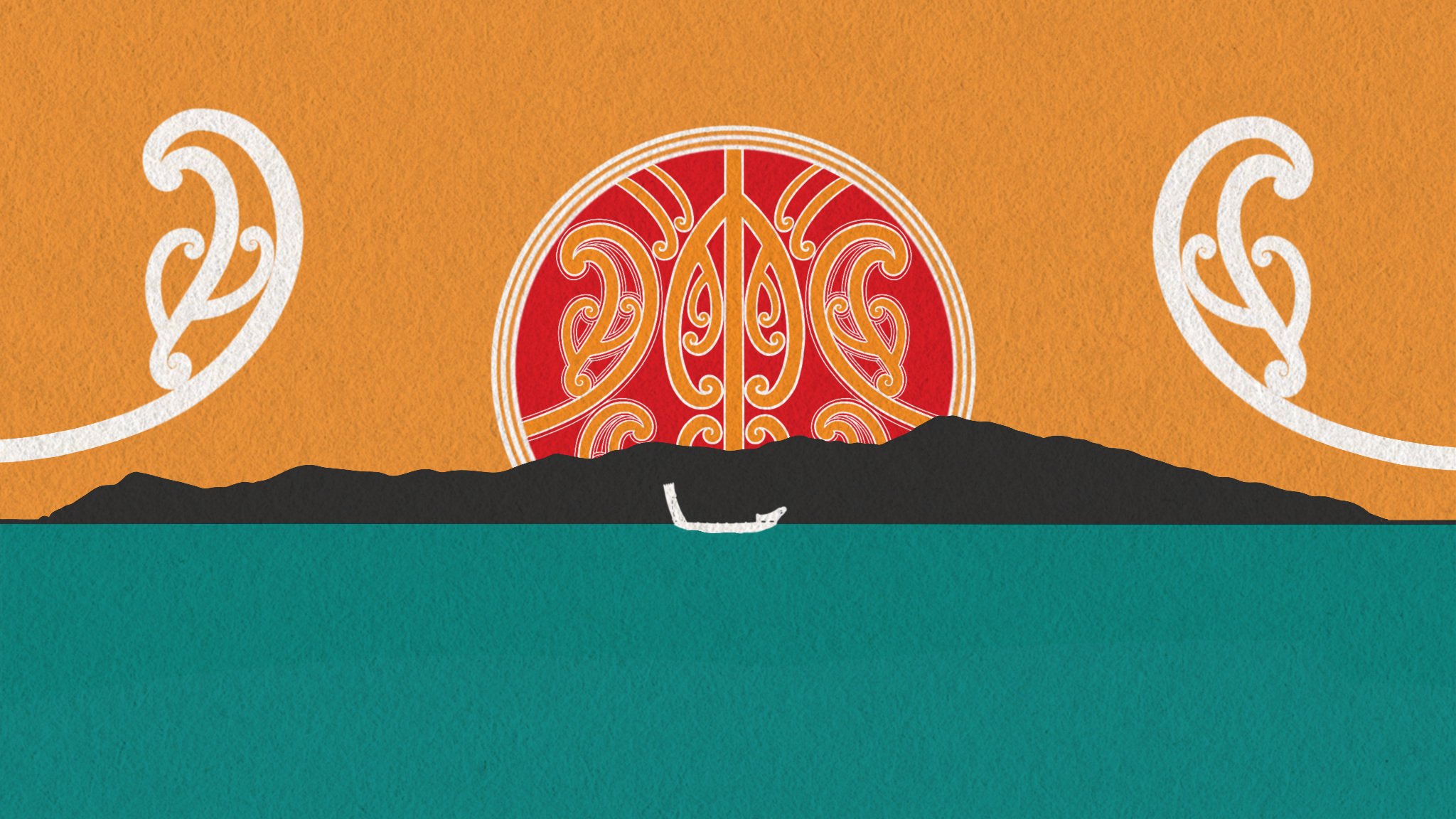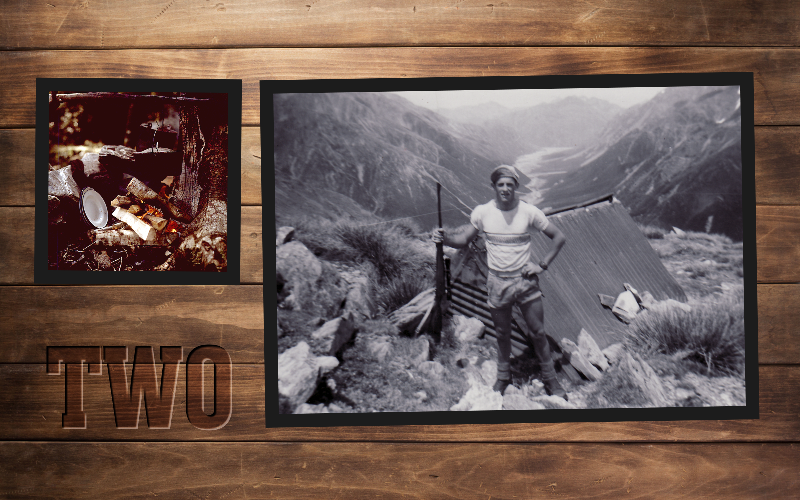Firebomb - Perth’s Dark History Retold
Firebomb host Crispian Chan. Image supplied.
By Sonia Yee
“I think it's definitely a personal story and [one] that has stayed with me,” says Crispian Chan the producer and presenter for ABC Australia’s new Unravel Podcast, Firebomb, which looks at terrorist attacks on Chinese restaurants in 1980s Perth.
Now living in Singapore, Chan returned to his hometown to explore how and why the bombings took place and the impact it had on the local community where his parents’ business was also targeted.
“When I tell people that my family restaurant was firebombed by a gang of Neo-Nazis in Perth in the 1980s, people kind of go, “What? Excuse me, Neo Nazis in Perth in the 80s???”
While the event happened four decades ago, Chan says it mirrors the racism that emerged as a result of Covid where it wasn’t uncommon to read news about Asian businesses becoming victims of hate crimes.
“In the last 10 years the visibility of Neo Nazis all feels like deja vu. It kind of makes me wonder, what didn't we learn from that period, or do we even remember what happened back then?”
But that’s the thing about the past. When terrible things happen, some people would rather forget. In the case of firebombings, it remains a blurry part of Western Australian history.
Chan says one of the reasons is that very few people spoke about it at the time. The Chinese community who were victims of the attacks struggled with a language barrier or preferred to remain private.
Man Lin Restaurant. Image supplied.
“The only time I really heard my parents' feelings about it was through a TV Interview they did, and even now my parents don't talk about it,” says Chan who was only eight-years-old when his parent’s Man Lin Chinese Restaurant was set ablaze in 1988.
All he remembers was seeing crime scene tape inside the restaurant, “but it kind of felt like something from a film”.
Comments on a Perth community thread reveal the ‘group were hilariously sinister and inept’, almost catching themselves on fire in the process.
Chan can’t say whether his parents were fearful when the string of attacks were taking place, except that they didn’t think it would happen to them. But it didn’t come out of nowhere. There was a dark undercurrent brewing in the years leading up to the firebombings and Chan says the streets of Perth were plastered with anti-Asian hate posters.
“We're talking about tens of thousands of them that [were] continuously put up with messages like Asians out, or racial war…colours out, Jews out. White Revolution is the only solution.”
Accompanying these were “horrible caricatures, and Asian businesses were getting those posters plastered on their walls as well”.
Internal damage to the Man Lin Restaurant. Image supplied.
Despite a serious threat to his family’s livelihood, Chan’s parents did their best to shield him from what was going on, reassuring him to “keep studying, work hard and prove them wrong” - ‘them’ being the people who didn’t want to see Asian people succeed.
It was in his teenage years that Chan became more aware that the firebombings were targeted and fueled by racism, contributing to feelings of self-loathing and a strong desire to not be seen as ‘other’.
Chan explores these themes in his Firebomb podcast, as he sets out on a quest for answers. He says his curiosity was deepened by learning that the leader of the Australian Nationalist movement, Jack van Tongeren - the man responsible for the firebombings - was also part-Asian.
“And that's why it's a story that has stayed with me and why I’m revisiting it, because I'm very curious to understand more about this man who internalised racism to the point that he led a white supremacy group against Chinese restaurants in the community.”
The racism that was percolating back then is still there today and Chan says a racist undercurrent in Australia has been growing over time.
“There are definitely issues of racism in the system - and systemically,” he says of the small, but vocal minority who are making their voices heard.
Chan’s parents on the other hand, might disagree. After their business was firebombed, it was only a matter of months before it was rebuilt - made possible by support from customers and locals who rallied around them to help the business get back on its feet.
“The structure was remarkably sound. It was a very distinctive restaurant, it was a landmark,” says Chan of the traditional pagoda style rooftop that remained.
The overwhelming response had buoyed his parents’ outlook, and outweighed any negative feelings, despite the hate inflicted on them by the terrorist group.
Chan’s mother believed it was ‘proof’ that “Australia is not a racist country because you look at the people there in our restaurant…they're all white. Yes, there are racists out there, but Australia is not racist because look at the community we have around us”, Chan recalls his mother saying.
Chan’s parents made Australia their home in the 1960s and 70s. They cut ties to Hong Kong in the same way that Vikings burnt their boats when they arrived on a new land, according to Chan. To them, Hong Kong was no longer home once they settled in Perth.
“When you're a migrant, all you're focused on is your family, your livelihood and the business,” he says.
When the rebuild was complete, the ’iconic’ Man Lin Restaurant situated on Manning Road in Karawarra, was not only back to its former glory, but it thrived like never before.
“It's a dark joke [in] our family that the fire bombing was probably the best marketing that we had ever done for our restaurant,” Chan says.
But humour aside, the fact of the matter remains that the firebombings happened - something Chan will never forget. In looking at this dark part of Perth’s history, his hope is that people will listen to the podcast and learn from past mistakes.
“We need to remind the newer generations - even people from my own community - that this has happened before, and we could be doing something to prevent that from ever happening again,” says Chan.
Listen to the first two episodes of the podcast above or head to the full series.








RNZ’s new podcast Conviction explores the people and stories behind the Civic Creche case three decades on.